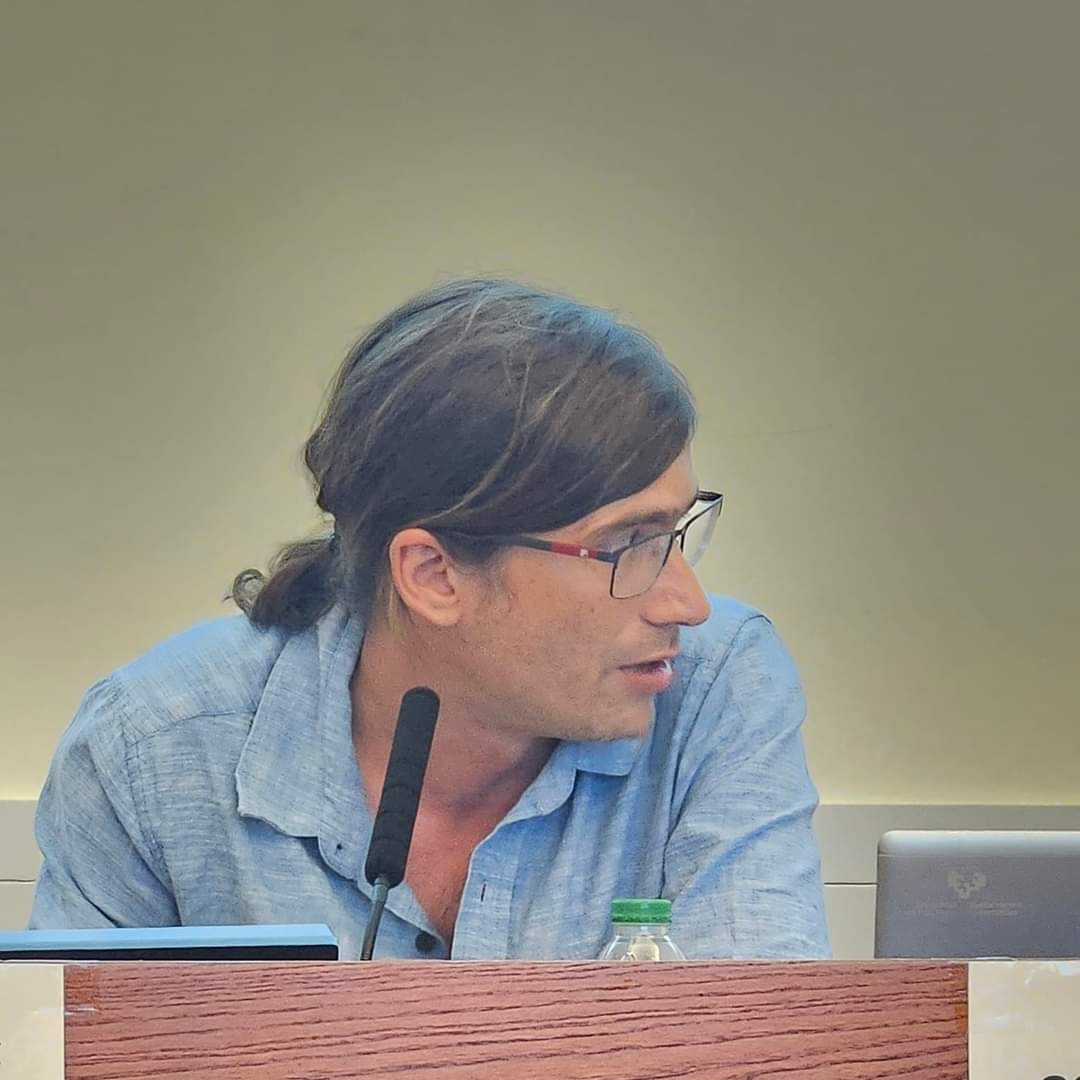David Beorlegui Zarranz is a graduate in History from the University of the Basque Country (UPV-EHU) and holds an International Ph.D. in Contemporary History from the same institution. For a little over a decade, he has been working on various research projects involving the use of oral history. He has specifically concentrated his attention on the study emotions, community change and deindustrialisation processes in Spain, from the perspective of gender and memory. Since 2012, he has been a member of the Executive Council of the International Oral History Association (IOHA) and has held the position of President since 2021. He is also a co-editor of the bilingual electronic journal “Words and Silences/Palabras y Silencios” and a member of the Archive of the Memory of the Basque Country (AHOA). Currently, he balances his research work in the Basque Center of Climate Change (BC3) with teaching responsibilities at the Universidad a Distancia de Madrid (UDIMA).
Project Statement:
Exchange Zones in the Production and Regulation of Technoscience in the Iberian Peninsula: Academics, Activists and the Industry, 1930s-1990s (EXCHANGESCI).
The project EXCHANGESCI focuses on those zones in which the academic world, the industrial world and citizens’ groups have historically come together to make (and occasionally de-make and re-make) scientific knowledge, technological artifacts and sociotechnical imaginaries. It explores the multifaceted ways in which corporations shape expertise, regulation, and decision-making on issues like toxic risk, energy production, food quality or public health, but also extend the concept of exchange zone to the spatial and epistemic spaces in which activists, grassroots groups and lay-people participated in the production of scientific knowledge. More specifically, my work focuses on the toxic legacies of deindustrialization, paying special attention to communities exposed to the harmful impacts of industry after the closure of factories. In these debates and in the management of risks and toxic waste, exchanges between experts and lay-people, academics and non-academics, institutions, activists and organized civil society are essential. The project is focused in the Iberian Península and it is particularly interested in the period after the fall of the two long-lasting right-wing dictatorships of West Europe.




